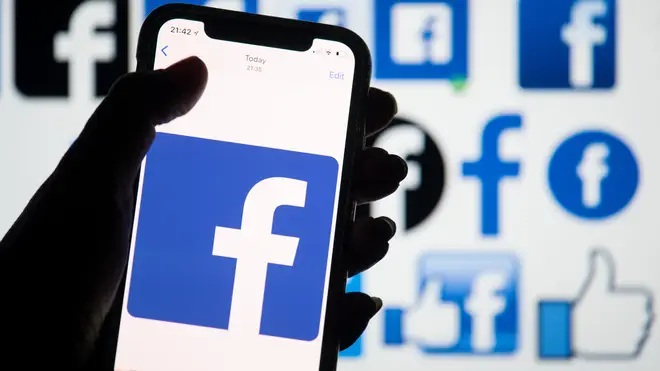
Nick Abbot 10pm - 1am
4 March 2022, 19:34

Sir Nick Clegg, vice president of global affairs at Facebook’s parent company Meta, has spoken out against the decision.
Russia has blocked access to Facebook for its 146 million citizens amid the Ukraine invasion, a state regulator has said.
The country’s communications watchdog, Roskomnadzor, said the social media platform was blocked on day nine of the war due to “cases of discrimination against Russian media”.
It comes a week after Russia limited access to Facebook after it refused to stop fact-checking and labelling content from state-owned organisations.
Sir Nick Clegg, vice president of global affairs at Facebook’s parent company Meta, said Russians have been “silenced from speaking out”.
Roskomnadzor said in a statement: “On March 4, 2022, a decision was made to block access to the Facebook network (owned by Meta Platforms, Inc) in the Russian Federation.
“Since October 2020, 26 cases of discrimination against Russian media and information resources by Facebook have been recorded.
“In recent days, the social network has restricted access to accounts: the Zvezda TV channel, the RIA Novosti news agency, Sputnik, Russia Today, the Lenta.ru and Gazeta.ru information resources.”
On the Russian government's decision to block access to Facebook in the Russian Federation: pic.twitter.com/JlJwIu1t9K
— Nick Clegg (@nickclegg) March 4, 2022
Responding to the decision, former deputy Prime Minster Sir Nick said: “Soon millions of ordinary Russians will find themselves cut off from reliable information, deprived of their everyday ways of connecting with family and friends and silenced from speaking out.
“We will continue to do everything we can to restore our services so they remain available to people to safely and securely express themselves and organise for action.”
Twitter also said last week that Russians were being restricted from accessing its platform.
In a tweet, the company said it was “aware” that access to the platform has been restricted for some people in Russia, adding it was “working to keep our service safe and accessible”.
The move against Facebook also follows blocks imposed on broadcasters including the BBC, the US government-funded Voice of America and Radio Free Europe/Radio Liberty, according to AP.